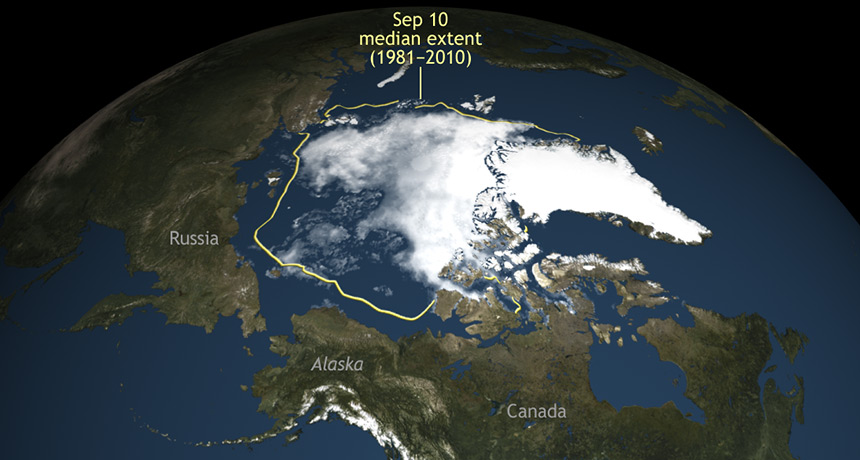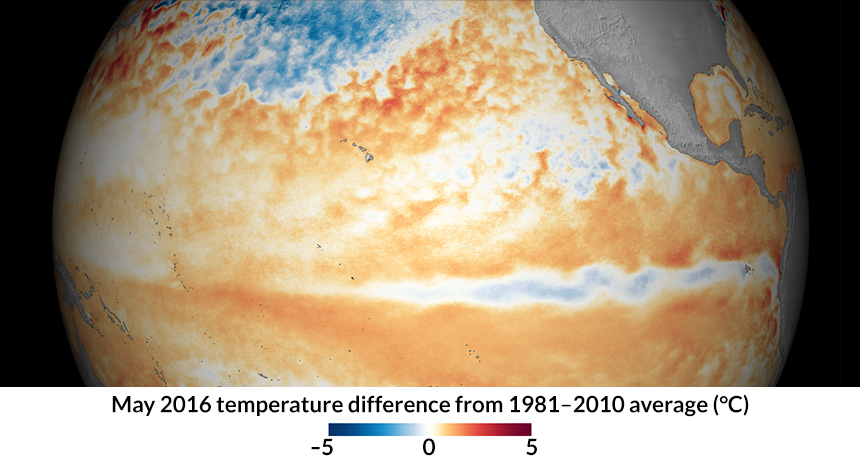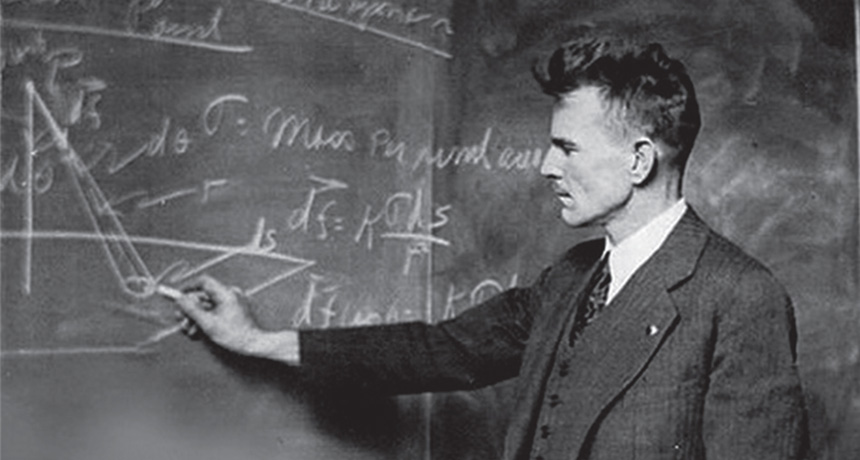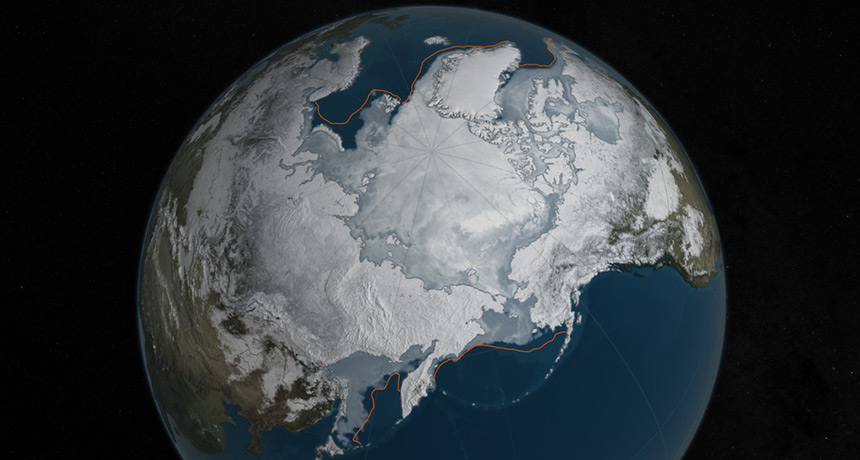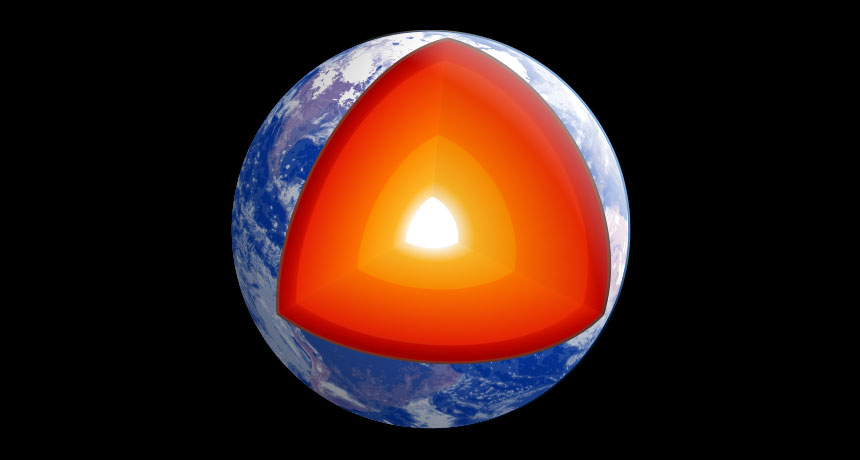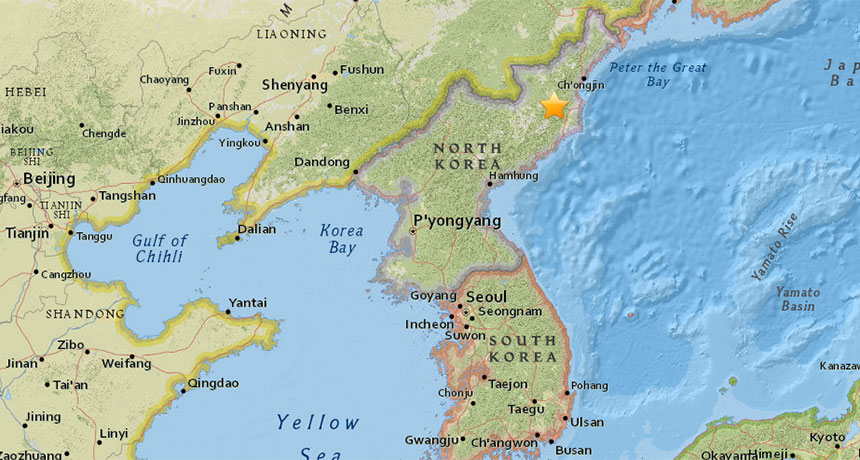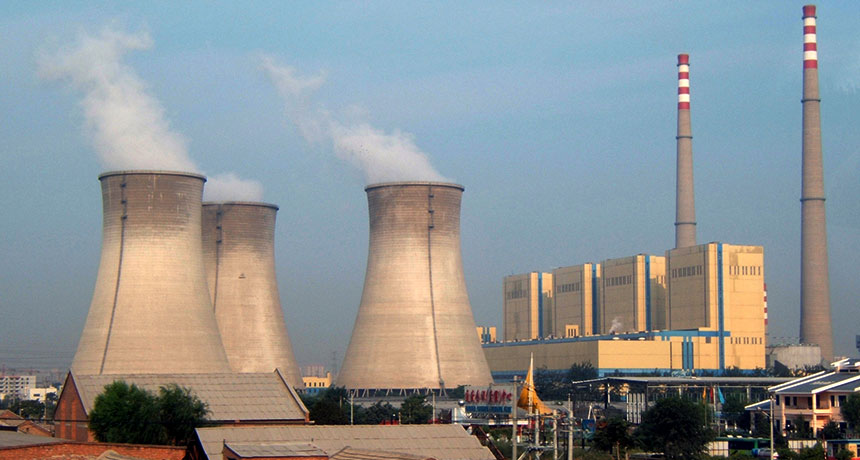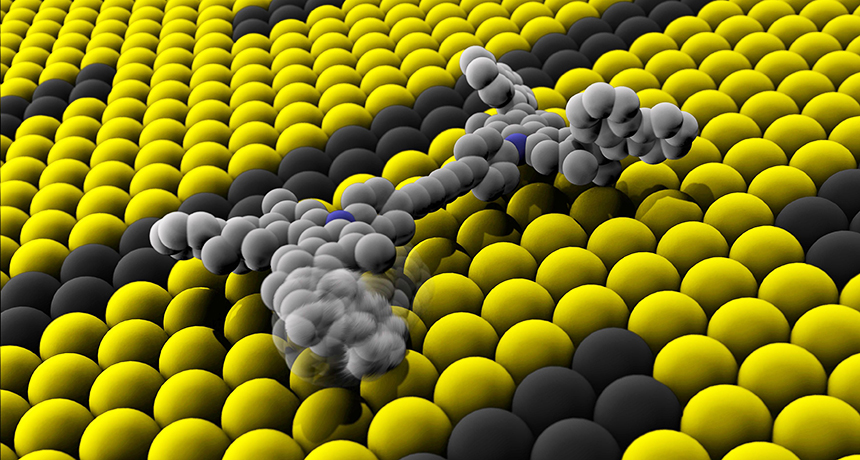
Minuscule machines earn trio 2016 chemistry Nobel
Science News, October 2016The world’s most minuscule machines operate on the molecular level and have won their creators the 2016 Nobel Prize in chemistry. The prize is shared between Jean-Pierre Sauvage of the University of Strasbourg in France, J. Fraser Stoddart of Northwestern University in Evanston, Ill., and Bernard Feringa of the University of Groningen in the Netherlands.
